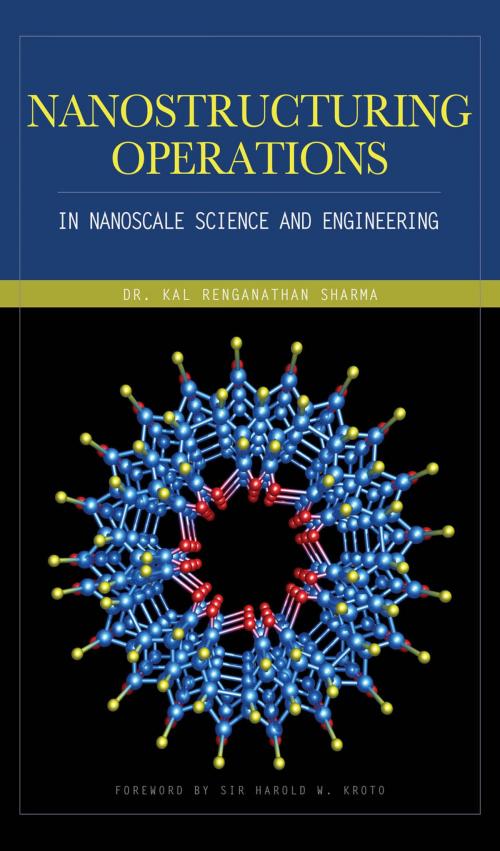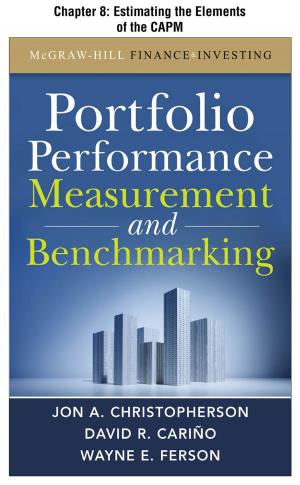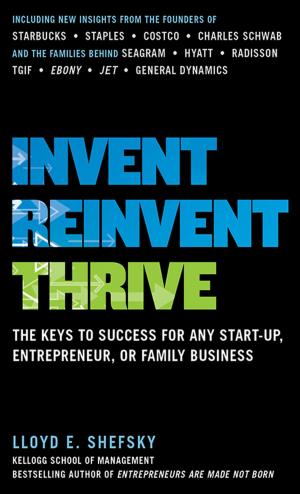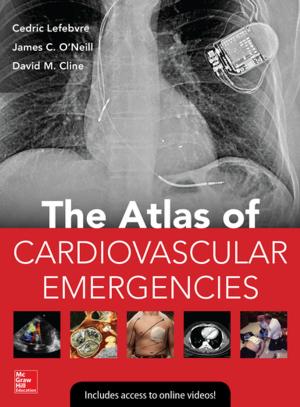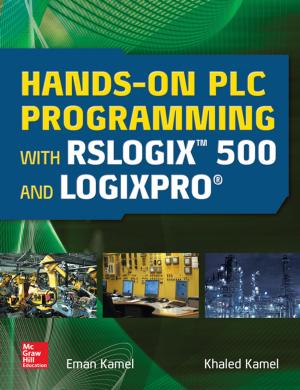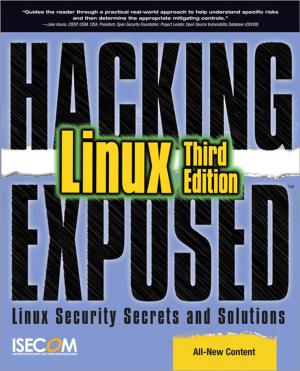Nanostructuring Operations in Nanoscale Science and Engineering
Nonfiction, Science & Nature, Technology, Engineering, Civil, Science, Biological Sciences, Biology| Author: | Kal Renganathan Sharma | ISBN: | 9780071626095 |
| Publisher: | McGraw-Hill Education | Publication: | September 20, 2009 |
| Imprint: | McGraw-Hill Education | Language: | English |
| Author: | Kal Renganathan Sharma |
| ISBN: | 9780071626095 |
| Publisher: | McGraw-Hill Education |
| Publication: | September 20, 2009 |
| Imprint: | McGraw-Hill Education |
| Language: | English |
State-of-the-art nanostructuring principles, methods, and aplications
Synthesize, characterize, and deploy highly miniaturized components using the theories and techniques contained in this comprehensive resource. Written by a nanotechnology expert, this authoritative volume covers the latest advances along with detailed schematics and real-world applications in engineering and the life sciences. Inside, 37 different nanostructuring methods and 16 different kinds of nanostructures are discussed.
Nanostructuring Operations in Nanoscale Science and Engineering explains how to manufacture high-purity fullerenes, assemble carbon nanotubes, and use nanofluids and nanowires. You will also learn how to develop high-performance biochips, work with biomimetics, and design molecular machines. The book includes 540 end-of-chapter review questions to reinforce the material covered.
Learn how to:
- Produce fullerenes using metallurgic, solar, and electric arc methods
- Use arc discharge, laser ablation, CVD, and HIPCO to create CNTs
- Build nanostructures with vacuum synthesis, gas evaporation, and lithography
- Work with quantum dots, polymer thin films, nanofluids, and nanoceramics
- Develop biochips, biological nanovalves, and molecular machines
- Mimic biological characteristics and organic self-repair using biomimetics
- Model nanoscale effects with relativistic and Laplace transforms
- Characterize nanoscale material using x-ray and helium ion microscope
State-of-the-art nanostructuring principles, methods, and aplications
Synthesize, characterize, and deploy highly miniaturized components using the theories and techniques contained in this comprehensive resource. Written by a nanotechnology expert, this authoritative volume covers the latest advances along with detailed schematics and real-world applications in engineering and the life sciences. Inside, 37 different nanostructuring methods and 16 different kinds of nanostructures are discussed.
Nanostructuring Operations in Nanoscale Science and Engineering explains how to manufacture high-purity fullerenes, assemble carbon nanotubes, and use nanofluids and nanowires. You will also learn how to develop high-performance biochips, work with biomimetics, and design molecular machines. The book includes 540 end-of-chapter review questions to reinforce the material covered.
Learn how to:
- Produce fullerenes using metallurgic, solar, and electric arc methods
- Use arc discharge, laser ablation, CVD, and HIPCO to create CNTs
- Build nanostructures with vacuum synthesis, gas evaporation, and lithography
- Work with quantum dots, polymer thin films, nanofluids, and nanoceramics
- Develop biochips, biological nanovalves, and molecular machines
- Mimic biological characteristics and organic self-repair using biomimetics
- Model nanoscale effects with relativistic and Laplace transforms
- Characterize nanoscale material using x-ray and helium ion microscope
